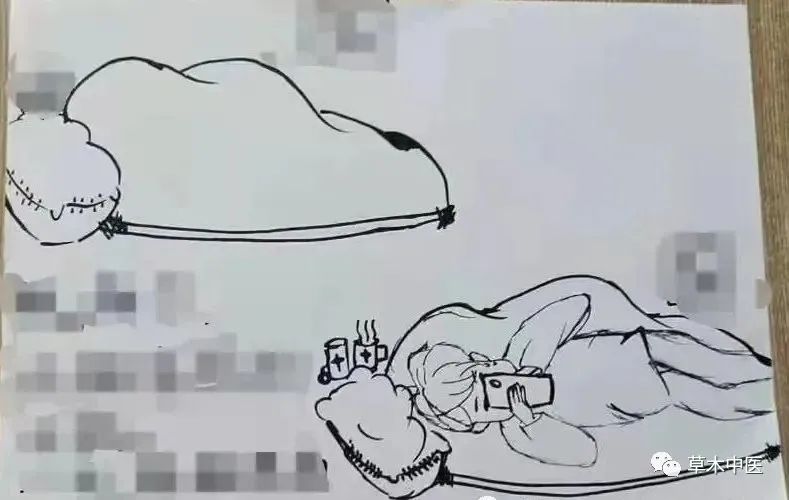|
Frequency of Granule Usage |
|
|
1. Common Cold |
Take once every half hour, 1 bag per dose, for a total of 2-3 times. |
|
2. Epidemic Diseases |
Take once at 7 AM, once at 11 AM, once at 3 PM, and once before bed. Take once at 2 AM. 1 bag per dose. Continue for 3-4 days. |
|
|
|
|
Note: The peak incubation period for epidemic diseases is usually 3-4 days. If fever subsides after taking the medicine for 1 day, it is still necessary to continue taking for 3-4 days, following the schedule strictly to avoid missing the timing. If taken at 8 AM, the timing can be adjusted accordingly. |
|
|
|
|
|
Granule Administration and Sweating Method |
|
|
Adults |
|
|
Before taking the medicine, first drink half a bowl to 1 bowl of rice soup; while the medicine is warm (around 60 degrees Celsius), take it in small sips quickly (drinking at room temperature is ineffective); immediately lie down; cover yourself with a thick blanket from head to toe to induce sweating for 15-20 minutes (keep head and feet covered), ensuring the sides of the body are tightly wrapped, leaving enough space for breathing; Note: After sweating, avoid drafts and bathing (pores are open after sweating, making it easier to catch a chill). |
|
|
|
|
|
Children aged 10 and under |
|
|
Before taking the medicine, first drink a few sips of rice soup; take half a bag of granules, pour into a milk bottle, dilute with an appropriate amount of boiling water, and add an appropriate amount of brown sugar to maintain taste; the medicine should be around 40 degrees Celsius, taken in small amounts frequently, to be finished within half an hour; the sweating method is the same as for adults, but must be accompanied by a parent to induce sweating. |
|
|
|
|
|
Illustration of the Sweating Method for Granules |
|
|
A young person: lying on their side, curled up, inducing sweating while maintaining a relatively fixed posture, focused on studying English on their phone, with enough space in the blanket for free breathing and serious study. |

This article represents personal views, and all rights of interpretation belong to the author.

